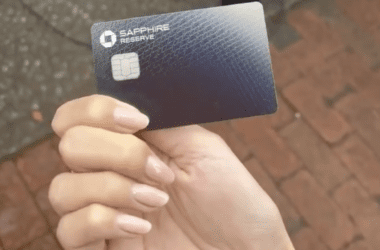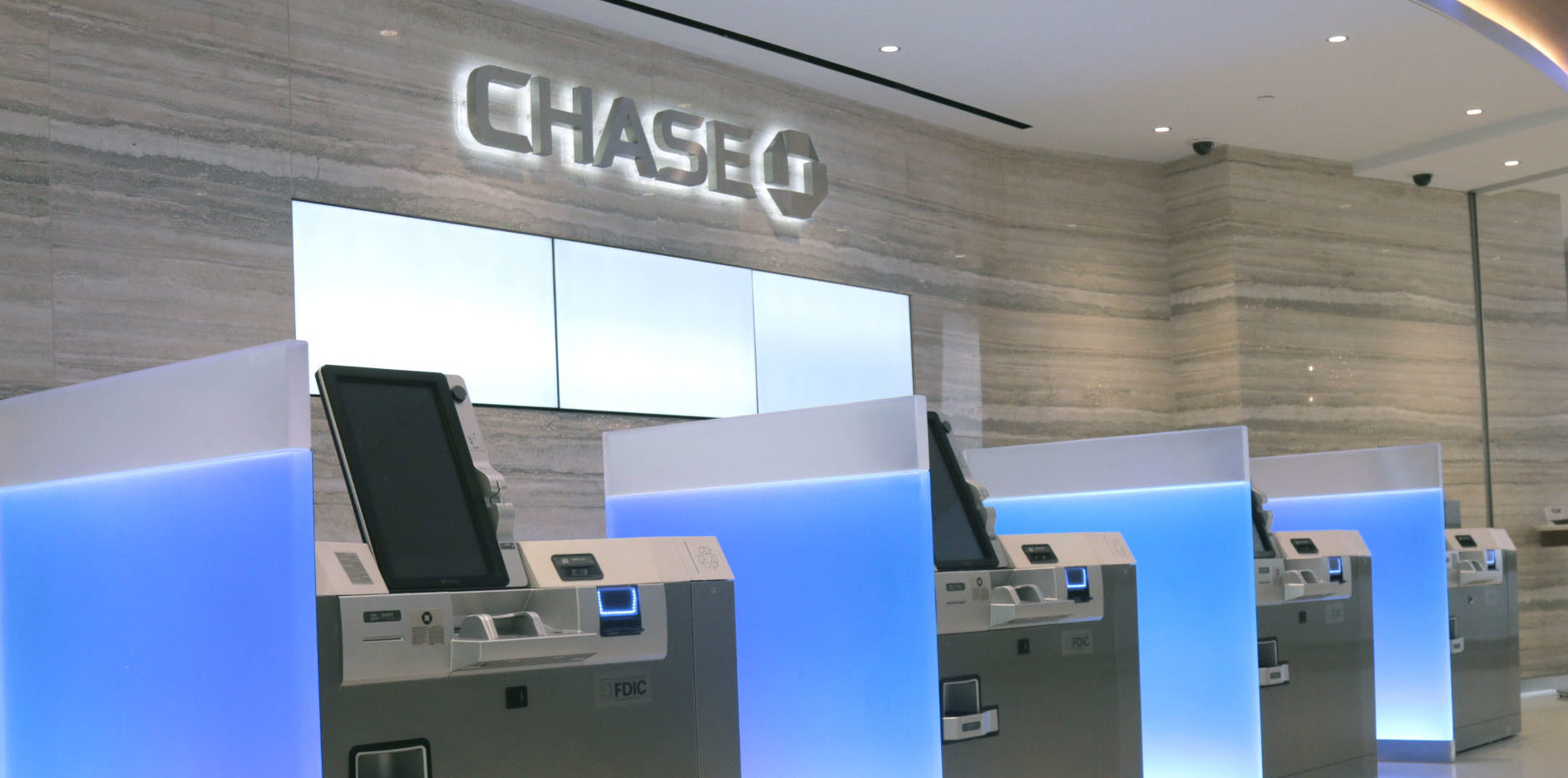Whenever the discussion about credit card rewards comes up, it’s often accompanied by a discussion about interchange fees. As per the Wall Street Journal, both Mastercard and Visa are now about to increase these interchange fees for merchants.
Interchange Fees
In simple terms, an interchange fee is an amount a merchant pays to the card issuer when a transaction is made on the card by a customer. Here’s how Bankrate defines it:
Every time a retailer processes a credit card or debit card payment, the merchant pays an interchange fee. This fee, often called a “swipe fee,” is designed to cover the costs associated with accepting, processing and authorizing card transactions.
In most cases, an interchange fee will include a small fixed fee plus a percentage of the total sale. These fees and percentages can vary based on the type of card used by the consumer (Visa vs. Mastercard, for example), the merchant category code associated with the business making the transaction and the credit card processing service that keeps the whole system running.
As per The Wall Street Journal, Mastercard and Visa are planning to increase these fees starting as soon as October 2023 and then in April 2024. This would mean that merchants could end up paying an extra $502 million annually in fees. The Journal goes on to speculate about the impact of these fees on the ability of issuers to fund credit card rewards as well. We’ve seen similar stories before too. However, we haven’t seen any significant negative impact on credit card bonuses.
Merchants pass along at least some of that cost to consumers in the form of higher prices. More small businesses have started offering discounts to shoppers who pay by debit card, cash or check. Card networks such as Visa and Mastercard set the fees that the merchants pay. Network fees get pocketed by Visa and Mastercard. Interchange fees go to the bank that issued the card. Visa, Mastercard and the big banks have said the fees help cover costs related to fraud prevention and innovation. The banks often use the money they get from interchange fees to fund popular credit-card rewards programs.
The Pundit’s Mantra
In the past, we’ve seen legislators make noises about capping interchange fees as well. This has been followed by speculation about the possible of such legislations on credit card rewards.
In this case, there’s a good chance that merchants may pass on the higher costs to customers in the form of higher prices. Beyond that, I don’t think we’ll see any significant impact on credit card rewards in the Mastercard and Visa network.
Which is your favorite credit card rewards program? Tell us in the comments section.
___________________________________________________________________________________________________________________
Never miss out on the deals, news and travel industry trends. Like us on Facebook, follow us on Instagram and Twitter to keep getting the latest content!













These fees are already excessive due to what is essentially a duopoly. Interchange in the US are 6x or 7x as high as in the EU.
Obv, the costs associated with accepting cards become part of the price charged by the merchant. While many customers benefit from the convenience and the other card features, even those who don’t pay by card (and don’t enjoy the benefits) share the cost. This amounts to a transfer of income/wealth from poor people (who don’t use cards) to rich people (who do).